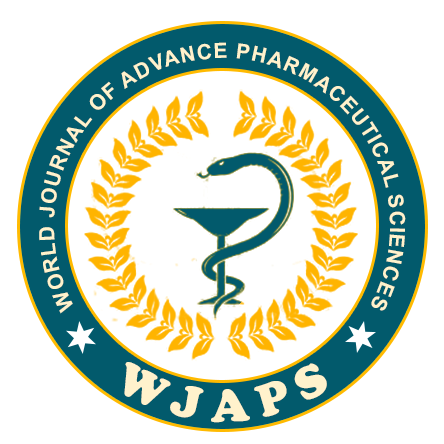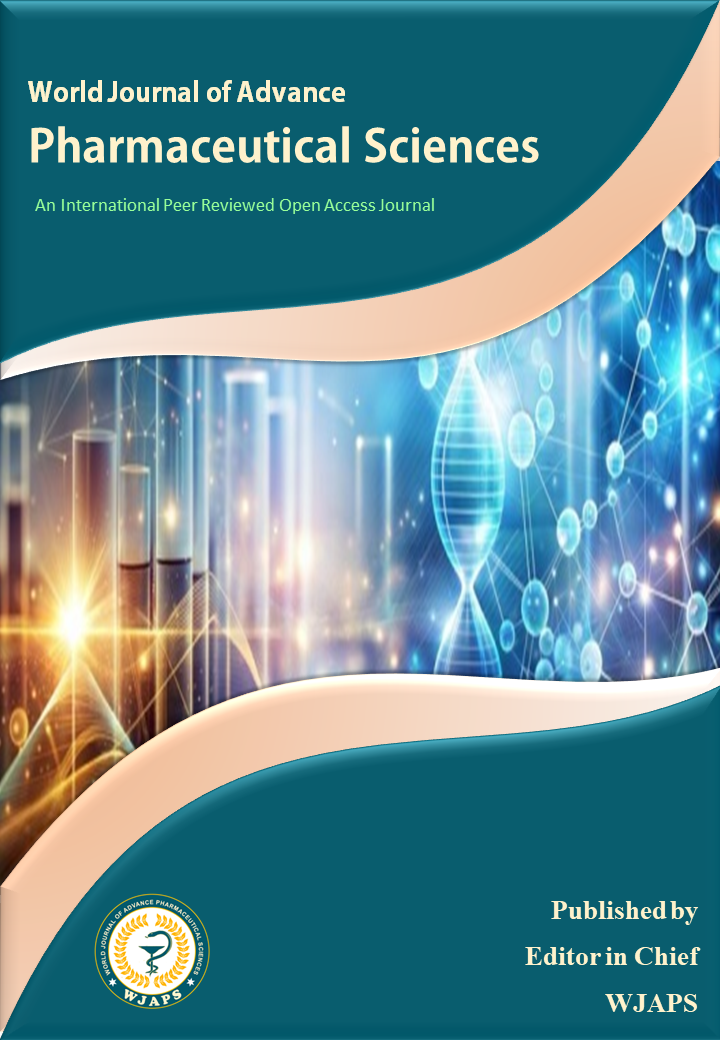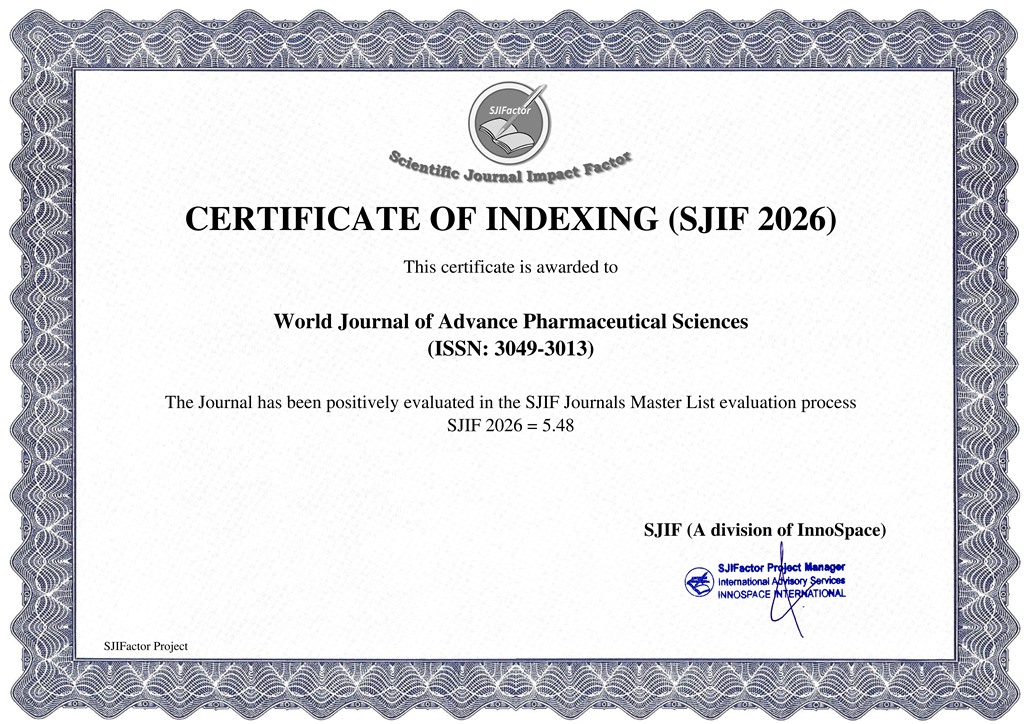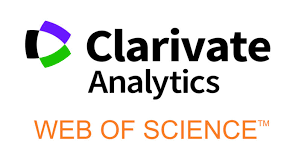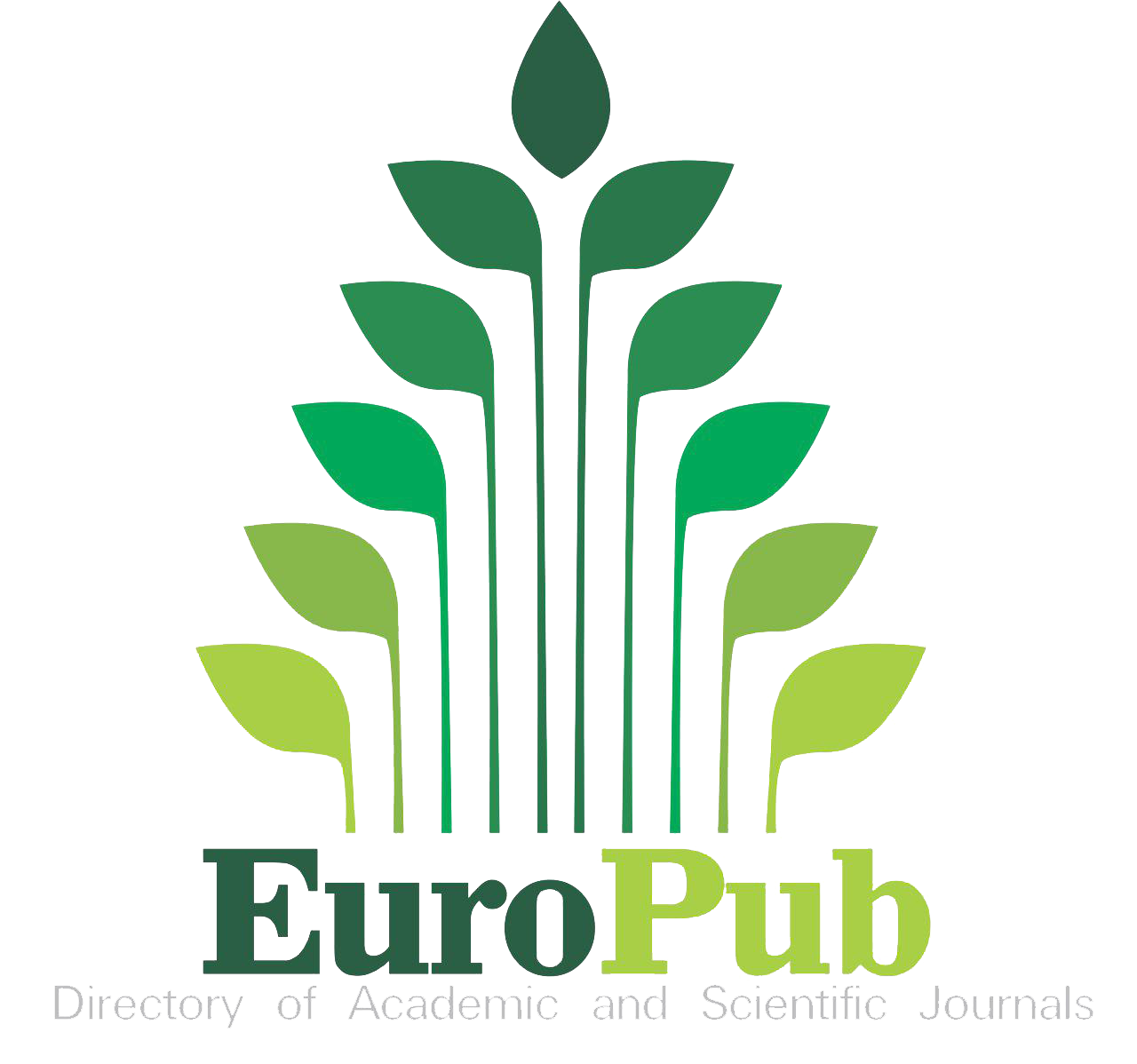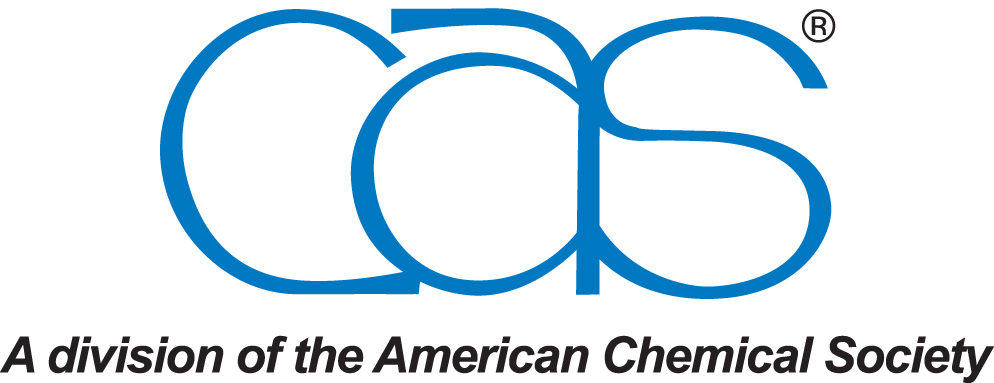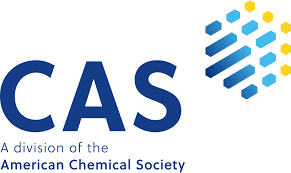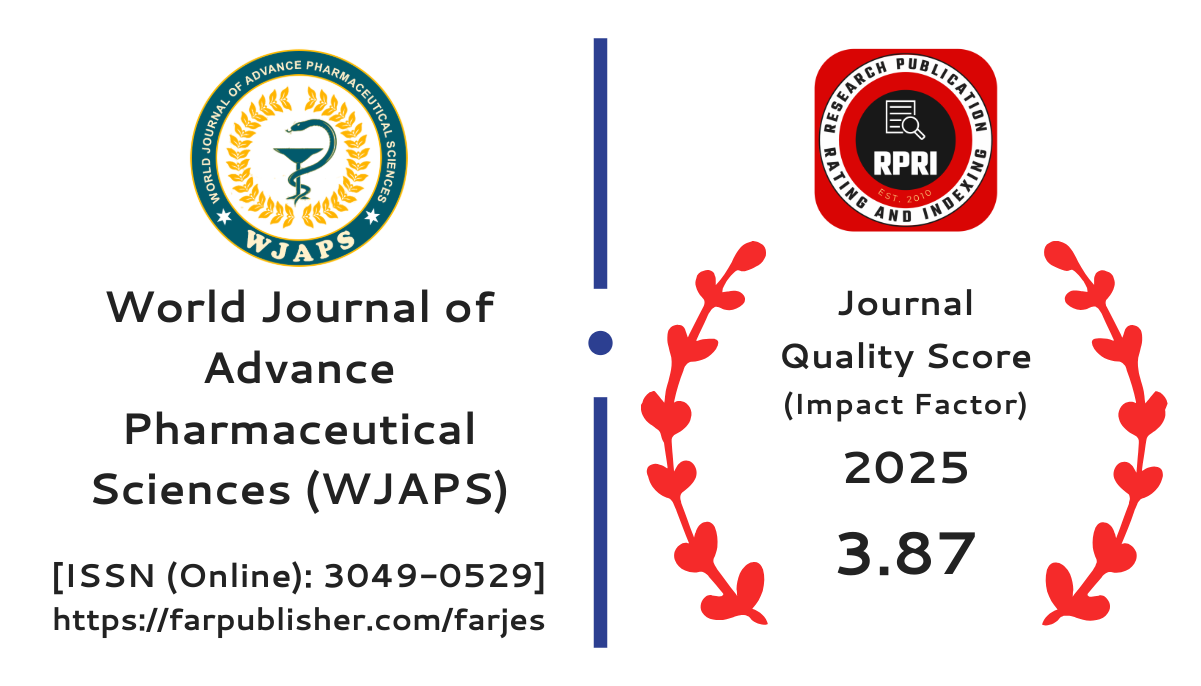AI AND MACHINE LEARNING IN ACCELERATING DRUG DESIGN: OPPORTUNITIES, CHALLENGES, AND FUTURE DIRECTIONS
Ms. Zannatul Ferdouse*, Md. Rakibul Islam, Nipa Rani Bhowmik, Murshid Nur Muhammad Habibullah and Debobrata Sharma
The conventional drug discovery and development process has been associated with high expenditure, long durations and low success rate, and therefore new methods are needed. Machine Learning (ML) and Artificial Intelligence (AI) are proving to be revolutionary measures offering a great improvement of efficiency, accuracy and innovation as a part of the pharmaceutical pipeline. This review is an investigation of the remarkable alteration of AI/ML, starting with the recognition and confirmation of the targets, and proceeding with complex molecular docking, de novo drug design, correct ADMET (Absorption, Distribution, Metabolism, Excretion, Toxicity) prediction. Such AI-based approaches have shown phenomenal trends, such as 80-90% success rates in Phase I clinical trials and up to 70% cost reduction in development timelines reduced to less than 10 years and possibly 3-6 years. In addition, both similar and different methods in clinical trial optimization using AI have a history of high-quality patient recruitment, predictive modeling, adaptive designs, and the availability of digital twins that open precision medicine. Nonetheless, there are major challenges even despite these opportunities. These involve important data related barriers with regard quality, quantity, diversity, privacy and security. Many AI models are considered as the black box, which results in difficulties with interpretability and explainability, which in turn prevents regulatory acceptance and trust. They are also heavily burdened by large computational demands, smooth combination with experimental methods, and regulatory, ethical and intellectual property issues, which are developing. Future trends are more complex algorithms such as Generative AI and Quantum Computing, new data sharing methods such as federated learning, as well as better integration into more advanced experimental platforms such as Organon- a-Chip technologies. Future AI use implies that we would achieve the full potential of AI in designing safer, more effective, and accessible medicines in case of the stable innovation, thorough validation, transparent governance, and effective collaboration across disciplines.
[get full article]